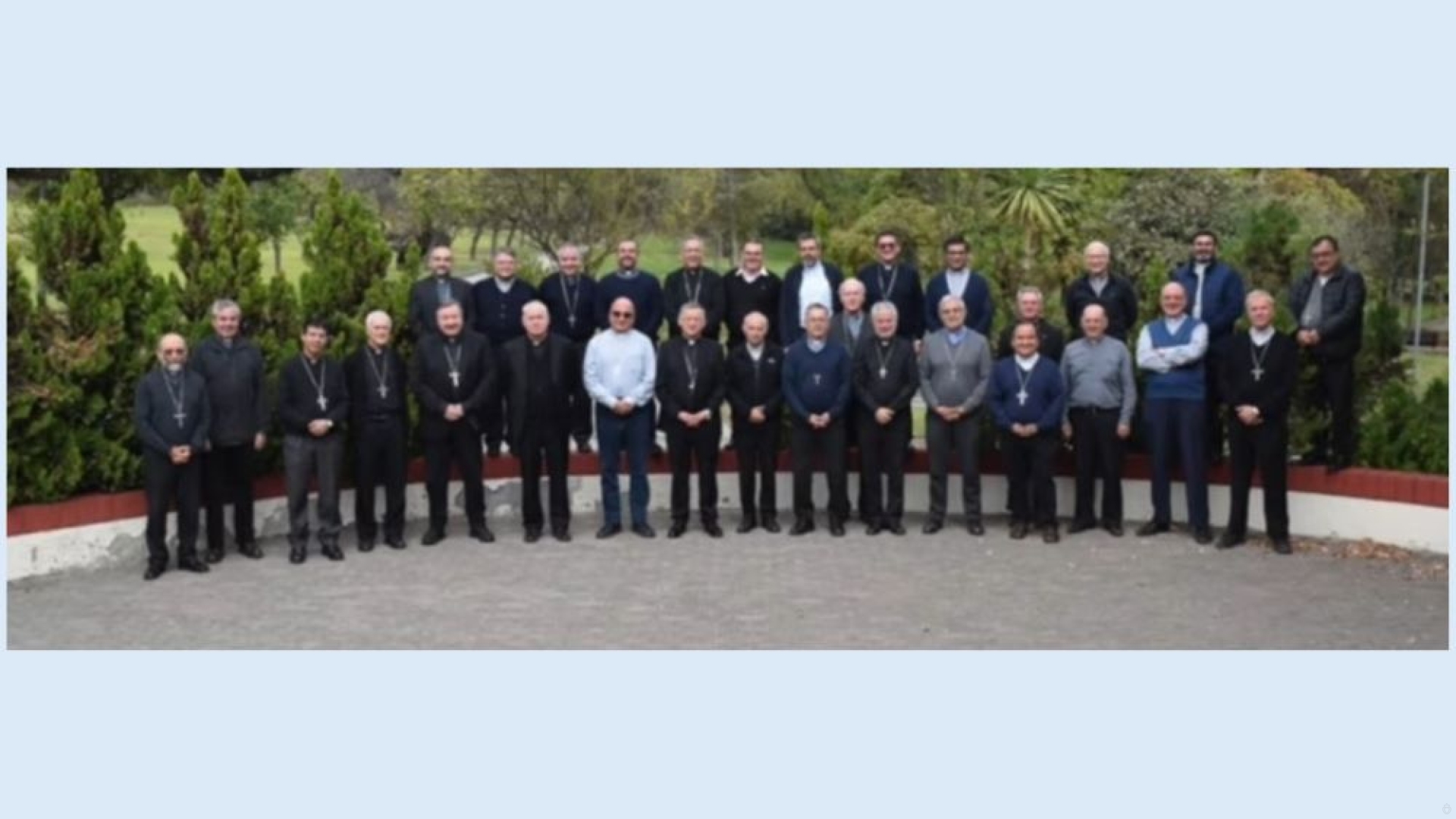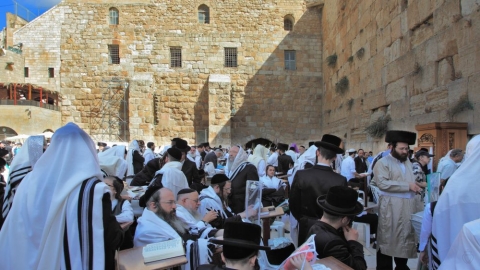The Chilean Episcopate Speaks Out Against the Culture of Death

Facing the Chilean Head of State’s plan to legalize abortion and euthanasia, the country’s bishops warn of the danger of “relativizing the value of human life” and recall that all human life remains “sacred and inviolable.”
“[E]mpathy, responsibility, and respect”: these pieces of language were skillfully chosen by Gabriel Boric, in his “presidential speech known as the third public account before Congress in Valparaíso,” ACI Prensa reports. The Head of State then declared that “the bill on euthanasia and palliative care currently being examined by the Chilean Senate” had an “’emergency nature,’” Gènéthique relates.
The President took this opportunity to relaunch “a democratic debate on sexual and reproductive rights,” according to the same media, assuring that he would present “a bill on abortion legalization” in the second half of the year 2024.
A surprising announcement, “since the government had said that it would not move forward in 2024,” according to ACI Prensa, on an eminently divisive subject in a country of 20 million inhabitants, 74% of whom declare themselves Catholic, and where the influence of the Church is still strong, even if it has been declining in proportion to growing secularization for the past 20 years.
Since 2017, abortion has been authorized in three situations: “danger to the life of the mother, non-viability of the fetus, and pregnancy due to rape,” ACI Prensa recalls. Between 2018 and June 2023, 4,272 women had elective abortions within the framework of the law, according to data from the Ministry of Health.
The presidential announcement evoked a reaction from the Chilean episcopate: immediately after Gabriel Boric’s statements, the country’s 50 bishops published a joint protest: “We deeply regret these initiatives, which attack the sacred and inviolable value of human life,” asserted the prelates who recall that the “dignity of every human being is intrinsic and is valid from the moment of conception until their natural death,” quoted by the Argentine Catholic Information Agency (AICA), which reports the press release.
The bishops intend to sweep away the arguments used by the Chilean Head of State to justify his plan: “There is no so-called sexual and reproductive rights of some, at the cost of attacking the lives of others,” and “ human life, even in its painful condition, is the bearer of a dignity that must always be respected, and that therefore one cannot under any circumstances eliminate one's own life or that of others on the grounds of suffering.”
Gabriel Boric—38 years old—former left-wing activist very active in the social mobilization movements which destabilized the country in 2019, in 2022 became the youngest President in the history of Chile, a country where opinion is rather volatile.
In September 2022 in fact, in a first referendum, voters rejected a project aiming to establish a so-called right to abortion, before rejecting, a little over a year later, a modification of the Constitution aiming to engrave the right to life into the marble of the law.
But Gabriel Boric does not have a sufficient majority in Parliament to impose his reform projects: the announcements of the Head of State would in fact be signals addressed to his electorate two short years before the next presidential election.
Incidentally, “The current mayor of Providencia and right-wing candidate for the highest office in 2026, Evelyn Matthei,” was not mistaken, “calling this ‘lack of vision for the future’ a ‘shame.’ ‘Chile has other emergencies and other needs,’ she said indignantly,” Gènéthique reports. The race for La Moneda Palace is well underway.
(Sources : Aci Prensa/Aica/Gènéthique – FSSPX.Actualités)
Illustration : Capture d’écran Youtube - Iglesia Catolica in Chile - 19 avril 2024





